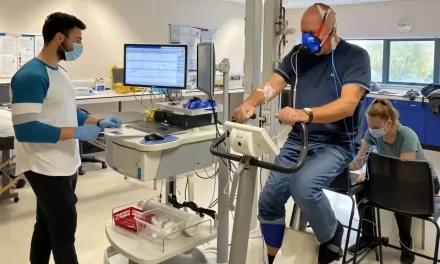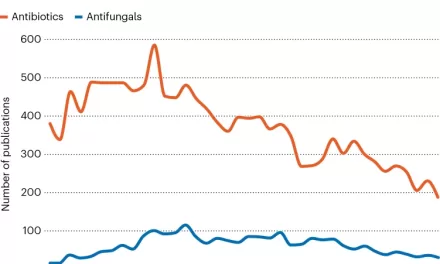The goal of the global outbreak response for monkeypox is to stop human-to-human transmission of monkeypox, with a priority focus on communities at high risk of exposure which may differ according to context, and to effectively use strong public health measures to prevent onward spread of the disease. Judicious use of vaccines can support this response. This interim guidance, developed with the advice and support of the Strategic Advisory Group of Experts (SAGE) Working Group on smallpox and monkeypox vaccines, provides the first WHO recommendations on vaccines and immunization for monkeypox. Key points follow.
- Mass vaccination is not required nor recommended for monkeypox at this time.
- For contacts of cases, post-exposure preventive vaccination (PEPV) is recommended with an appropriate second- or third-generation vaccine, ideally within four days of first exposure to prevent onset of disease.
- Primary preventive vaccination (PPV) is recommended for persons at high risk of exposure, including but not limited to gay or bisexual men who have sex with men or other persons with multiple sex partners, health workers at risk, laboratory personnel working with orthopoxviruses, clinical laboratory staff performing diagnostic testing for monkeypox, and others who may be at risk, as per national policy.
- Vaccination programmes must be backed by thorough surveillance and contact-tracing, and accompanied by a strong information campaign, robust pharmacovigilance, ideally in the context of collaborative vaccine effectiveness studies with standardized protocols and data collection tools.
- Decisions on use of smallpox or monkeypox vaccines should be based on a full assessment of risks and benefits on a case-by-case basis.
Many interim recommendations provided here concern off-label use of vaccines. The guidance will be updated as more information becomes available.
Vaccines and immunization for monkeypox: Interim guidance, 24 August 2022












